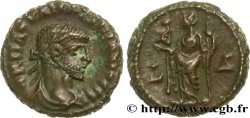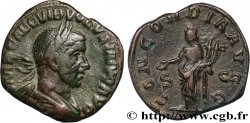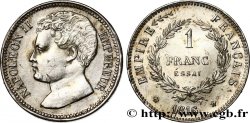v38_1140 - MAXIMIANUS HERCULIUS Aureus
MONNAIES 38 (2009)
Starting price : 3 800.00 €
Estimate : 7 500.00 €
Realised price : 3 800.00 €
Starting price : 3 800.00 €
Estimate : 7 500.00 €
Realised price : 3 800.00 €
Type : Aureus
Date: 294-295
Mint name / Town : Syrie, Antioche
Metal : gold
Millesimal fineness : 1000 ‰
Diameter : 19,5 mm
Orientation dies : 11 h.
Weight : 5,37 g.
Rarity : R2
Coments on the condition:
Exemplaire sur un flan régulier, parfaitement centré des deux côtés avec les grènetis visibles. Très beau portrait à l’usure superficielle. Joli revers de haut relief. Conserve une partie de son brillant d’origine et de son coupant de frappe
Catalogue references :
Predigree :
Cet exemplaire provient de la vente Vinchon du 11-13 avril 1988, n° 621
Obverse
Obverse legend : MAXIMIANVS - AVGVSTVS.
Obverse description : Tête laurée de Maximien Hercule à droite (O*).
Obverse translation : “Maximianus Augustus”, (Maximien auguste).
Reverse
Reverse legend : CONSVL IIII - P P PRO COS/ SMA.
Reverse description : Maximien Hercule lauré, debout à gauche, tenant un globe de la main droite et un sceptre transversal de la main gauche.
Reverse legend : S*
Reverse translation : “Consul quartum Pater Patriæ Proconsul”, (Consul pour la quatrième fois, père de la patrie proconsul).
Commentary
Rubans de type 3. Marque SMA à l’exergue avec un sigma inversé et barré pour “Sacra Moneta Antiocheia” ou Monnaie sacrée d’Antioche et l’indication de la taille à la livre soit au 1/60 de livre romaine (1 livre = 324,72 g environ, donc poids théorique de l’aureus 5,41 g). Un graffiti derrière l’empereur au revers. Georges Depeyrot distingue deux types de sceptre pour le revers, vertical ou horizontal avec un total de 41 exemplaires recensés dont seulement trois pour l’horizontal.







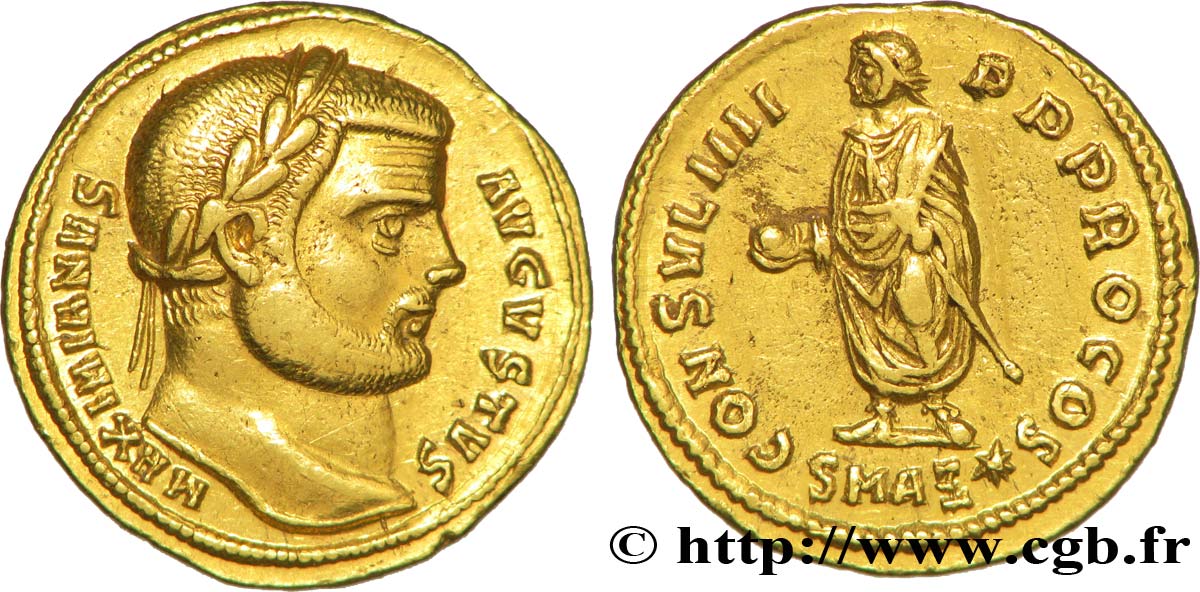
 Report a mistake
Report a mistake Print the page
Print the page Share my selection
Share my selection Ask a question
Ask a question Consign / sell
Consign / sell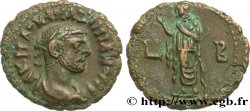
 Full data
Full data

